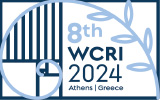
Organization
 Sowmya Swaminathan (USA)
Sowmya Swaminathan (USA)
Dr. Sowmya Swaminathan is Head of Collaborations for Springer Nature and Chair of Springer Nature’s Research & Solutions DEI Programme and a member of the Springer Nature DEI Council. She represents Springer Nature in multiple community and industry forums and collaborations in the areas of inclusion, open research and integrity in scholarly publishing. She was previously Head of Editorial Policy & Research Integrity for Nature Portfolio where she was responsible for editorial policy development, including policies and initiatives that advance transparency, integrity, open research practices and inclusion in scholarly publishing.
 Malcolm Macleod (UK)
Malcolm Macleod (UK)
Malcolm Macleod is a neurologist and professor of translational neuroscience at the University of Edinburgh. He co-founded the Collaborative Approach to Meta-analysis and Review of Animal Data from Experimental Studies (CAMARADES) to develop techniques for the systematic review and meta-analysis of data from animal studies. Macleod’s work aims to improve research in the biomedical field, and he has served on various committees related to research improvement and integrity. He also led the University of Edinburgh Research Culture Survey in 2020 and 2022.
 Dorian Karatzas (Belgium)
Dorian Karatzas (Belgium)
Isidoros (Dorian) Karatzas
Head of the Ethics and Research Integrity Sector, European Commission, DG Research & Innovation
Isidoros Karatzas is a Biochemist and Psychologist by training. He has been a “Science” Programme Research Fellow (precursor to the Marie Currie Programme). After joining the European Commission, he was responsible for the evaluation of the Framework Programmes where he set up the European Network on RTD Evaluation. He then managed the risk governance research file and was the scientific secretary of the European Research Advisory Board (EURAB), a high-level advisory body to the Commission dealing with research policy and priorities. Currently, he is the head of the Ethics and Research Integrity Sector in DG Research and Innovation. As head of the Sector, he established the self-assessment and ethics advisors’ methodology as well as advanced training courses on research ethics and research integrity for Commission staff, the research ethics expert community, early carrier researchers and for various National and European professional associations. He has set up the first European system of ethics audits and checks and has led the efforts to produce specific guidelines on research ethics in areas such as data protection, social sciences, informed consent, Artificial Intelligence. He initiated the efforts to update the European Code of Conduct for Research Integrity and with his colleagues prepared and implemented the Horizon 2020 and Horizon Europe Research Ethics appraisal process.
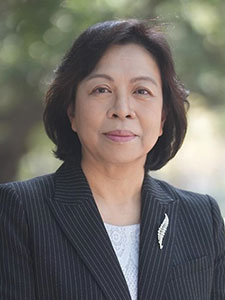 Chien Chou (Taiwan)
Chien Chou (Taiwan)
Dr. Chou is the Senior Vice President and Chief Ethics Officer at the National Yang Ming Chiao Tung University in Taipei, Taiwan. She is the Chair Professor at Graduate Institute of Education at NYCU.
Dr. Chou’s research interests include e-learning, information literacy and ethics, and research ethics. She has published more than 100 journal articles and edited the book “Academic Ethics and Research Integrity: Compass to Responsible Conduct of Research” (2020). She received three Outstanding Research Awards from the National Science and Technology Council and was listed in World’s Top 2% Scientists lifelong and in 2020, published by Stanford University.
 Elizabeth Bik (USA)
Elizabeth Bik (USA)
Elisabeth Bik, PhD is a Dutch-American microbiologist who has worked for 15 years at Stanford University and 2 years in industry. Since 2019, she is a science integrity volunteer and consultant who scans the biomedical literature for images or other data of concern and has reported over 6,000 scientific papers. For her work on science communication and exposing threats to research integrity she received the Peter Wildy Prize, the John Maddox Prize, the Ockham Award, and the FEMS Special Merit Award.
 Anne Walsh (Australia)
Anne Walsh (Australia)
Anne Walsh is the Director, Office of Research Ethics and Integrity at Queensland University of Technology (QUT), and oversees the strategic direction, coordination and operational management of research ethics and integrity matters at the University. For the past 20 years, Anne has worked in research ethics and integrity within private and public sectors, including MinterEllison Law Firm and Queensland Health. Anne has formal qualifications in science, ethics and law.
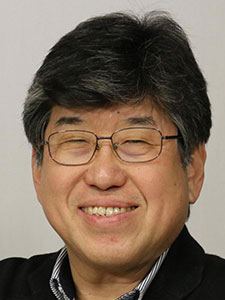 Jun Fudano (Japan)
Jun Fudano (Japan)
Dr. Fudano is currently a Professor at the Center for Higher Education Studies of Waseda University. Prior to this, he served as Professor of Science and Engineering Ethics at the Tokyo Institute of Technology from 2015 to 2020 and as Professor and Director of the Applied Ethics Center for Engineering and Science at the Kanazawa Institute of Technology from 1990 to 2015. Dr. Fudano was the chair of the executive committee of the 5th Asia Pacific Research Integrity Network Meeting held in Tokyo in March, 2023, and served as a member of the World Commission of the Ethics of Scientific Knowledge and Technology (COMEST) of UNESCO from 2003 to 2009.
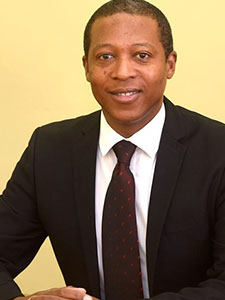 Ntobeko Ntusi (South Africa)
Ntobeko Ntusi (South Africa)
Ntobeko Ntusi is a Professor of Medicine and appointed as Chair and Head of the Department of Medicine at the University of Cape Town and Groote Schuur Hospital. He has contributed significantly to improved understanding on noncommunicable disease (NCD) epidemiology, pathophysiology and outcomes. In addition, he has substantial scholarship infectious disease multimorbidity. He is the Director of the South African Medical Research Council Extramural Unit on the Intersection of NCDs and infectious diseases.
He is passionate about postgraduate student supervision and mentoring younger colleagues.
He obtained a BSc(Hons) degree in Cellular and Molecular Biology from Haverford College, USA; and an MBChB degree from the University of Cape Town, before completing a fellowship in Internal Medicine and subsequently in Cardiology through the Colleges of Medicine of South Africa. He read for a DPhil in Cardiovascular Medicine at the University of Oxford and completed his MD in Cardiology at UCT.
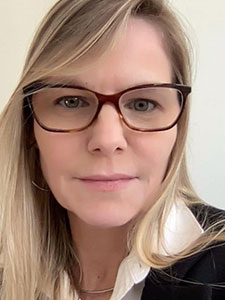 Carmen Penido (Brazil)
Carmen Penido (Brazil)
Carmen Penido is a PhD and MSc in Cellular and Molecular Biology (FIOCRUZ), and a researcher at the Centre for Technological Development in Health/Institute of Drug Technology, at the Oswaldo Cruz Foundation (FIOCRUZ), Brazil. Carmen is engaged in intra- and extramural teaching and research activities regarding Research Integrity (2018-current). She is a member of the Research Integrity Committee at FIOCRUZ, a former member of the Institutional Review Board (IRB) at the Federal University of Rio de Janeiro (2019-2021), and has co-chaired the organising and program committees for the VI Brazilian Meeting on Research Integrity, Science and Publication Ethics (BRISPE; 2021).
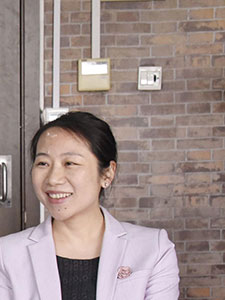 Li Tang (China)
Li Tang (China)
Li Tang (PhD in Public Policy, Georgia Institute of Technology) is a professor in public policy at the School of International Relations and Public Affairs, Fudan University. Her current research focuses on responsible research and innovation, international scientific collaboration, and talents mobility. Her research has appeared in leading journals such as Nature, Science, Science and Public Policy. She is a co-inventor of the US granted patent “Identification disambiguation in databases”. Her research has been supported by the National Natural Science Foundation, the National Social Science Foundation of China, and the Ministry of Education, among others.
